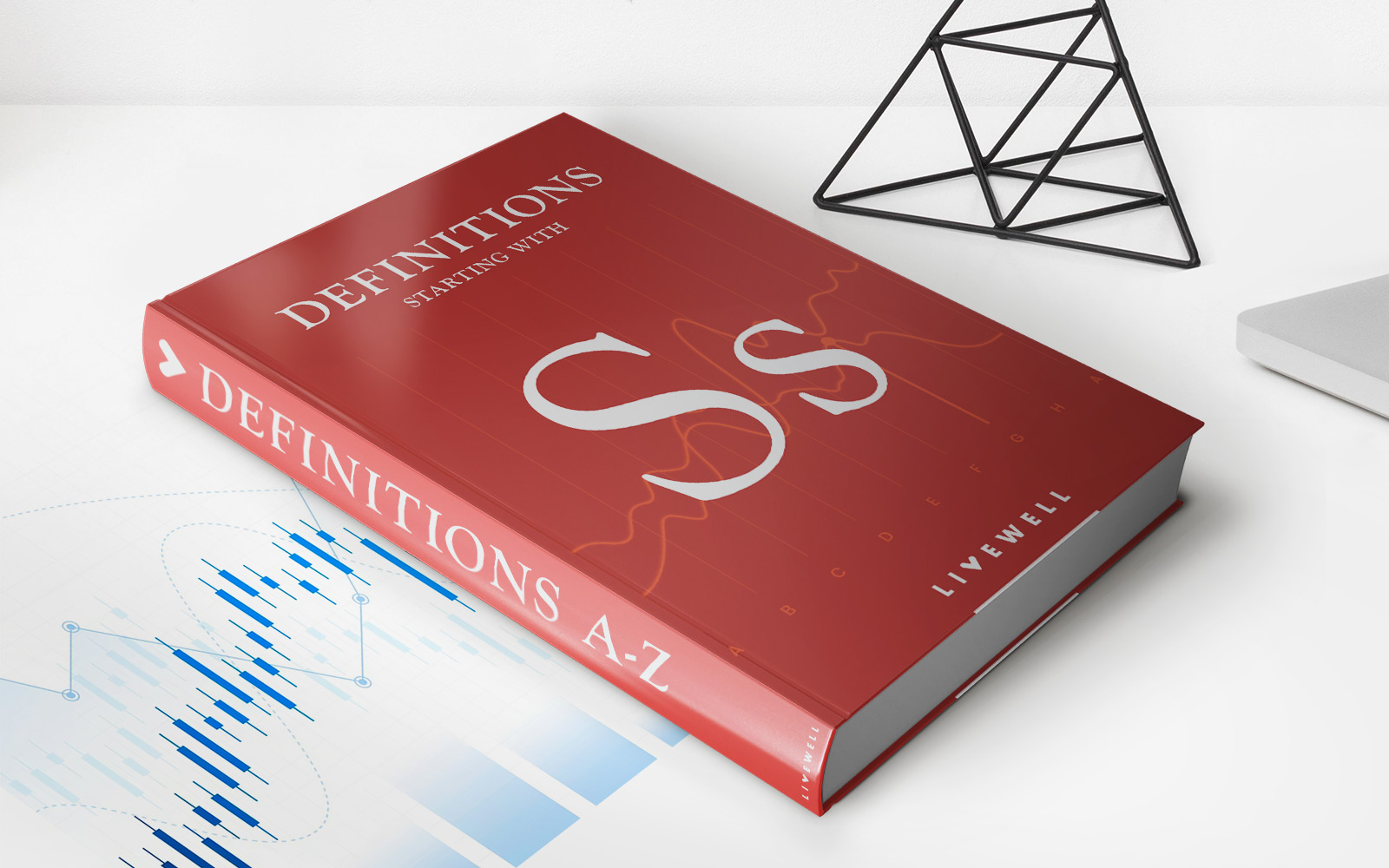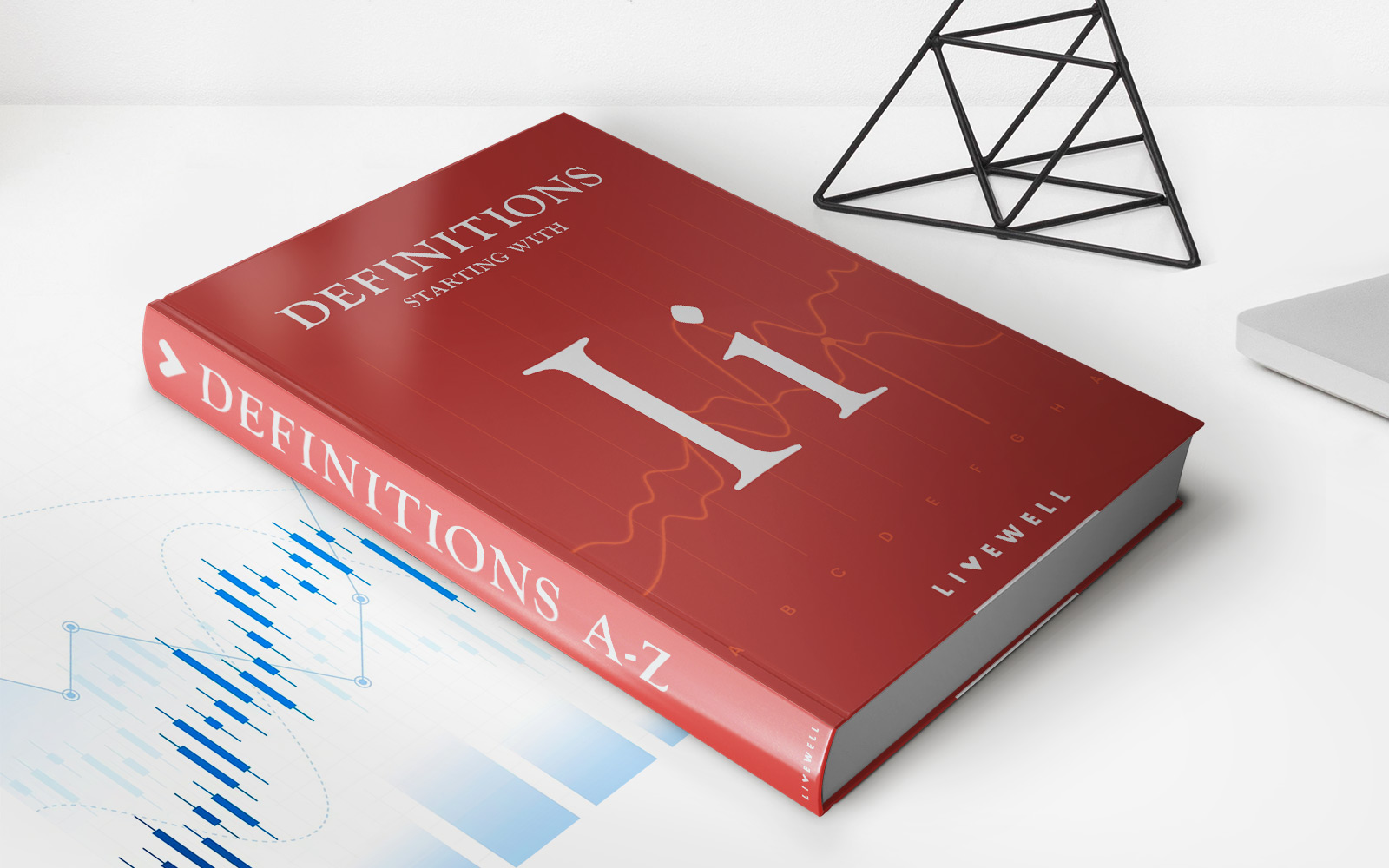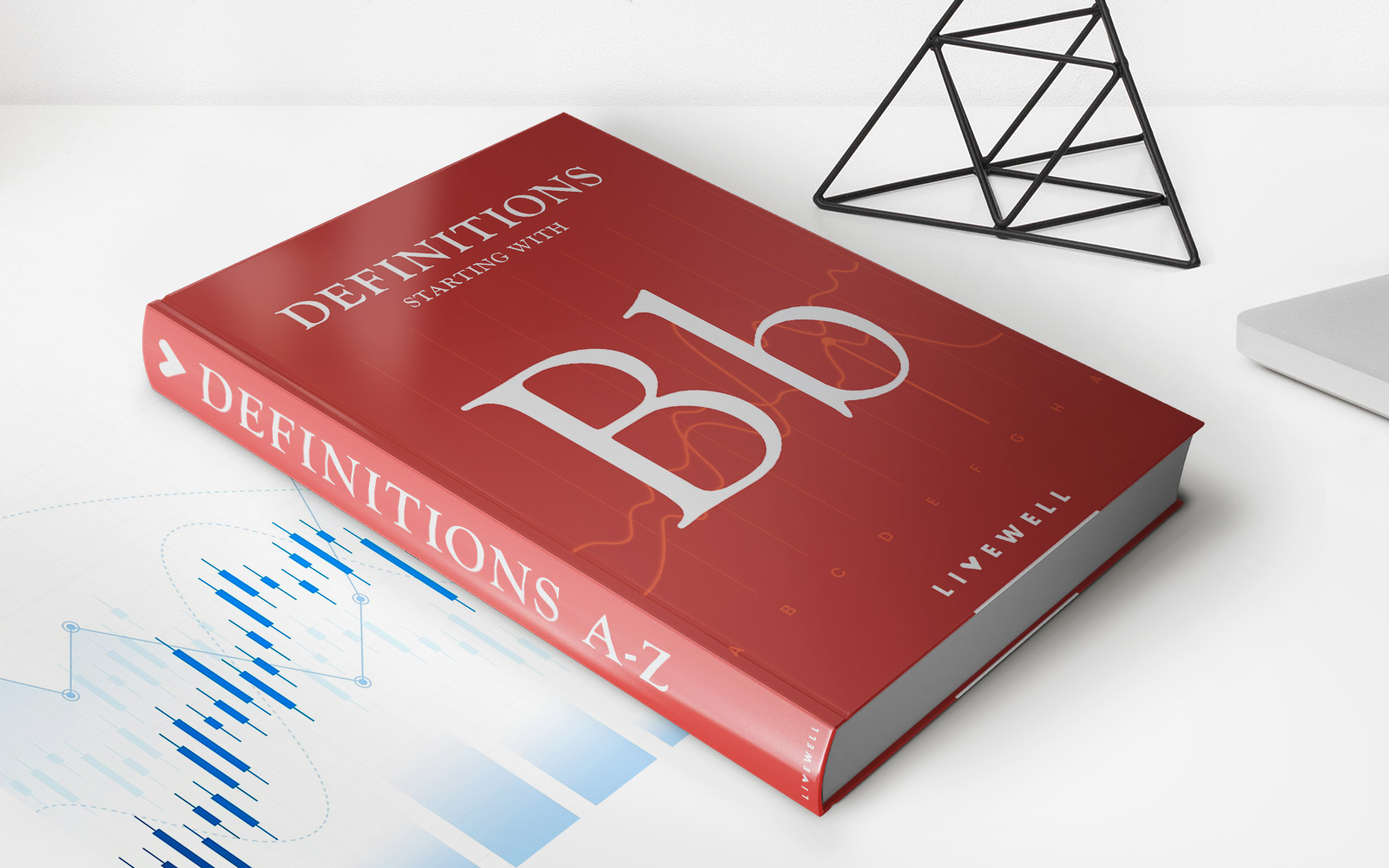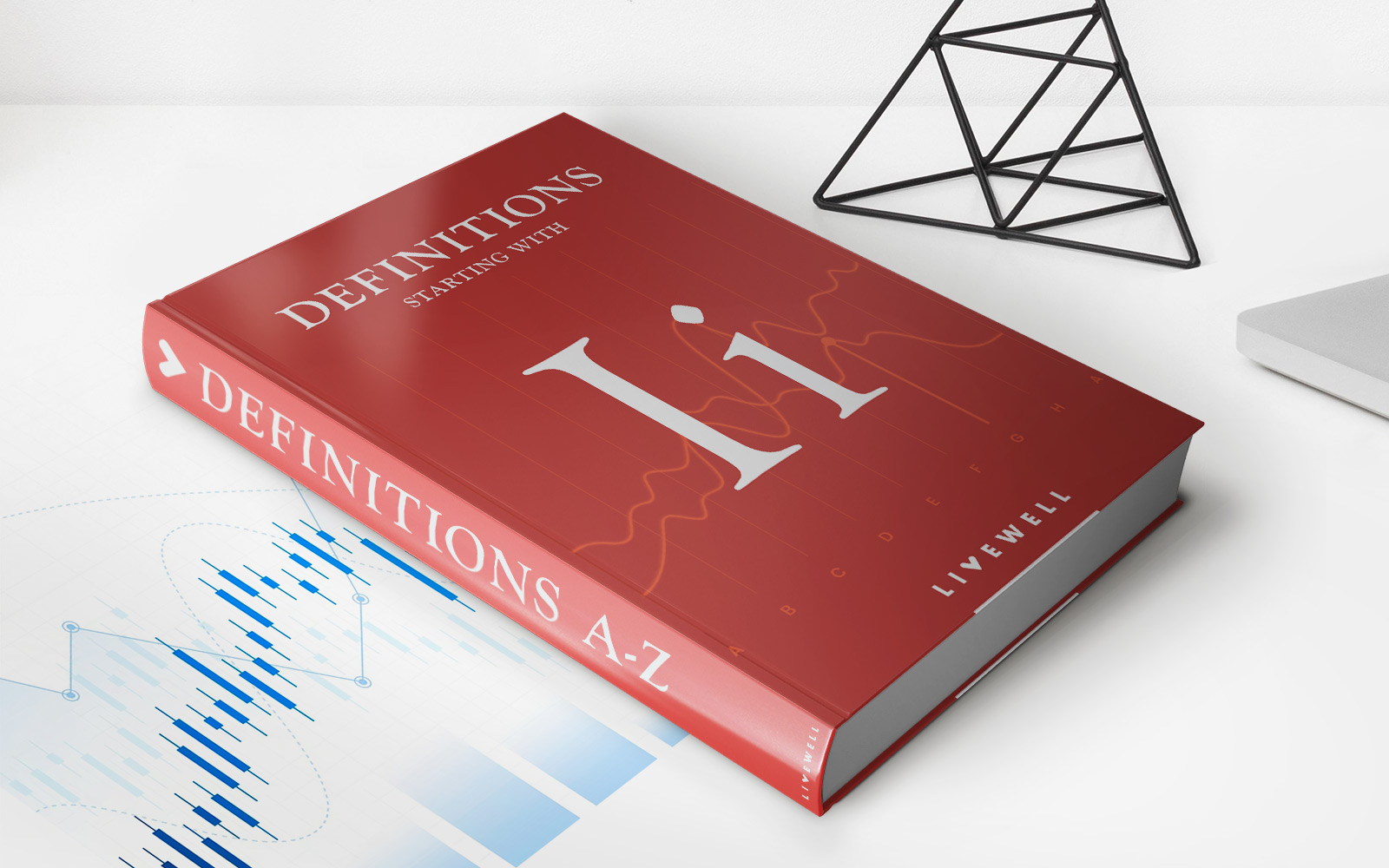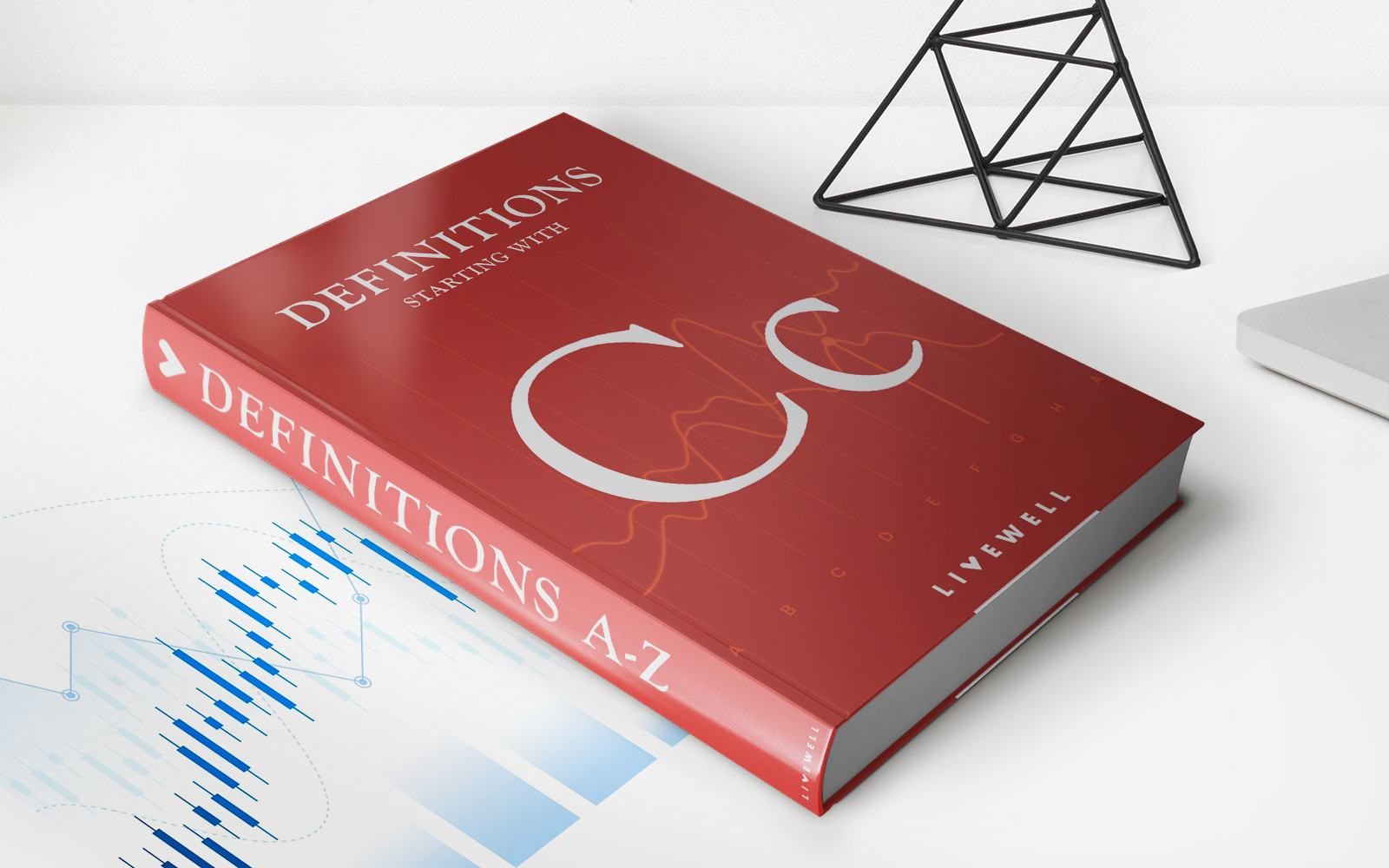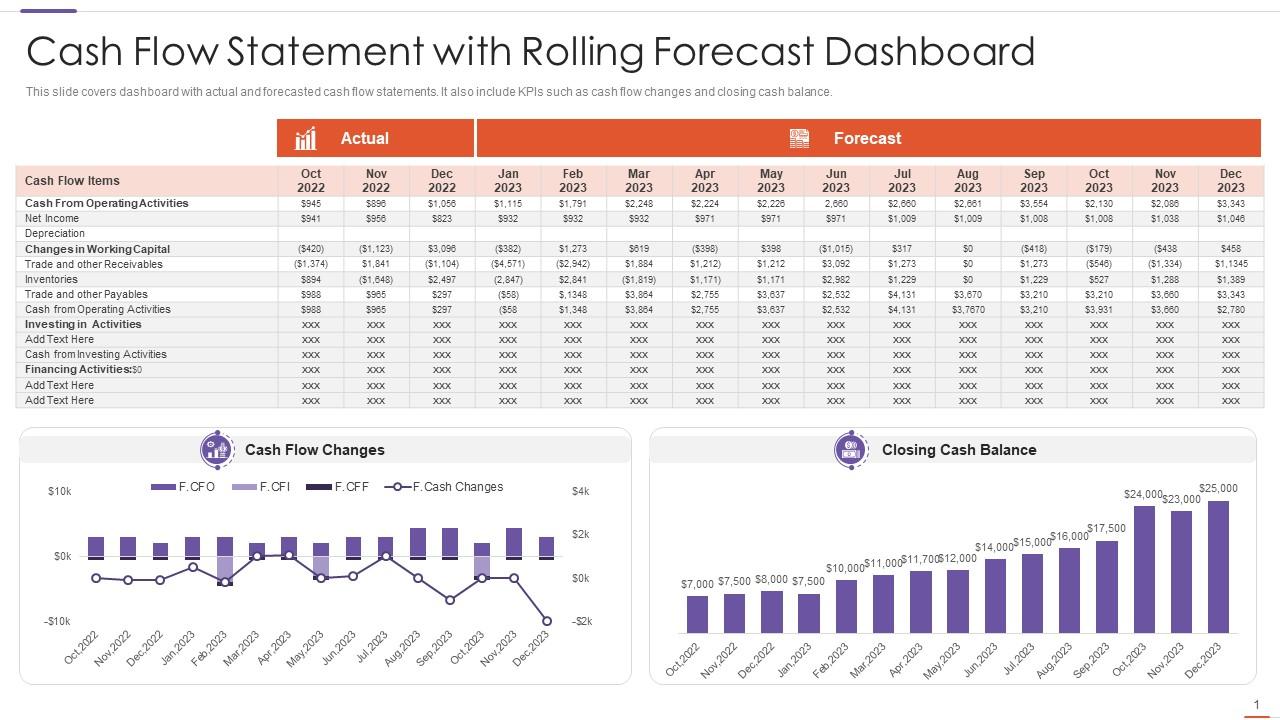

Finance
What Is A Quote For Insurance?
Modified: December 30, 2023
Discover what a quote for insurance entails and how it fits into the world of finance. Explore different coverage options to protect your assets.
(Many of the links in this article redirect to a specific reviewed product. Your purchase of these products through affiliate links helps to generate commission for LiveWell, at no extra cost. Learn more)
Table of Contents
Introduction
Insurance is a crucial component of financial planning and risk management. It provides protection and peace of mind by covering potential losses and expenses resulting from unexpected events. Whether it’s insuring a home, car, or health, getting the right insurance coverage is essential. But before diving into purchasing a policy, it’s important to understand what an insurance quote is and why it matters.
An insurance quote is an estimate or a proposal provided by an insurance company that outlines the cost and coverage details of a specific insurance policy. It serves as a starting point for individuals or businesses to assess their insurance needs and make an informed decision. The quote provides crucial information about the policy, including the coverage limits, deductibles, premiums, and any additional features or benefits.
The purpose of an insurance quote is to help individuals or businesses understand the cost and scope of coverage associated with a specific policy. It allows them to compare different insurance options and select the one that best suits their needs and budget. By obtaining multiple quotes, individuals can explore various insurance providers and policies to find the most comprehensive coverage at the most affordable price.
Insurance quotes come in different types depending on the nature of the coverage being sought. Common types of insurance quotes include auto insurance quotes, home insurance quotes, life insurance quotes, health insurance quotes, and business insurance quotes. Each type of quote is tailored to the specific needs and risks associated with the respective coverage.
Definition of Insurance Quote
An insurance quote is a formal estimate provided by an insurance company to a potential policyholder. It outlines the cost, coverage details, and terms associated with a specific insurance policy. The quote serves as an offer from the insurance company, presenting the proposed premiums and conditions under which they will provide coverage.
The insurance quote typically includes important information such as the type and amount of coverage being offered, the deductible amount, any special features or benefits, and the premium cost. It gives individuals or businesses an overview of what they can expect from the insurance policy, allowing them to make an informed decision based on their needs and budget.
Insurance quotes are usually calculated based on several factors that vary depending on the type of insurance. For example, when obtaining an auto insurance quote, factors such as the driver’s age, driving record, type of vehicle, and location are taken into account. Similarly, a home insurance quote may consider factors such as the property’s location, size, construction materials, and the presence of security systems.
To obtain an insurance quote, individuals typically provide relevant information about themselves or their property to the insurance company. This information is used to assess the risk and determine the appropriate coverage and premium amount. The insurance company then evaluates the data provided and generates a quote that reflects the potential cost and coverage of the policy.
It’s important to note that an insurance quote is not a legally binding agreement but rather a preliminary offer. Once an individual accepts the quote and submits the necessary paperwork, the insurance company will review the application and conduct any necessary underwriting before issuing a formal policy. The terms and conditions outlined in the insurance quote may be subject to change based on this underwriting process.
Purpose of an Insurance Quote
The purpose of an insurance quote is to provide individuals or businesses with essential information about the cost and coverage details of a specific insurance policy. It serves as a tool for potential policyholders to make informed decisions about their insurance needs and select the most suitable option.
One of the primary purposes of an insurance quote is to help individuals or businesses assess the financial implications of obtaining insurance coverage. By presenting the estimated premiums and deductibles, the quote allows individuals to evaluate whether they can afford the policy and if it aligns with their budgetary constraints.
Furthermore, an insurance quote helps individuals understand the scope of coverage offered by a policy. It outlines the specific risks and perils that are covered under the insurance policy, outlining the limits and exclusions. This enables potential policyholders to compare different quotes and select the policy that provides the desired level of protection.
The quote also assists individuals in understanding the terms and conditions of the insurance policy. It specifies any additional benefits or features that may be included, as well as any requirements or obligations that the policyholder needs to fulfill to maintain coverage.
In addition, insurance quotes play a crucial role in promoting transparency and competition in the insurance marketplace. By obtaining multiple quotes from different insurance providers, individuals can compare the costs and coverage options offered by various companies. This empowers them to make an educated decision and choose the insurance provider that offers the best value for their money.
Insurance quotes also provide an opportunity for individuals to seek clarification and ask questions about the policy. This allows them to fully understand the terms, coverage, and pricing, ensuring that there are no surprises or misunderstandings down the line.
Overall, the purpose of an insurance quote is to provide individuals or businesses with the necessary information to make an informed decision about their insurance needs. It serves as a starting point for individuals to evaluate their options, understand the costs and coverage details, and select the insurance policy that best aligns with their requirements and financial situation.
Types of Insurance Quotes
Insurance quotes are tailored to specific types of coverage, each addressing different risks and providing varying levels of protection. Here are some common types of insurance quotes:
- Auto Insurance Quotes: These quotes provide estimates for insuring vehicles against accidents, theft, and other related risks. They take into account factors such as the driver’s age, driving record, type of vehicle, and coverage limits.
- Home Insurance Quotes: Home insurance quotes cover the protection of residential properties, including houses, condos, or apartments. Factors such as the property’s location, size, construction, and the presence of security systems influence the quote.
- Life Insurance Quotes: Life insurance quotes are designed to provide financial protection to loved ones in the event of the policyholder’s death. Quotes consider factors such as the individual’s age, health, lifestyle, and desired coverage amount.
- Health Insurance Quotes: Health insurance quotes outline the cost and coverage options for medical expenses and healthcare services. Quotes may vary based on factors like age, pre-existing conditions, desired coverage level, and the inclusion of additional benefits.
- Business Insurance Quotes: These quotes cater to the unique insurance needs of businesses. They include coverage options for property, liability, workers’ compensation, and other business-related risks. Quotes consider factors such as the industry, size of the business, location, and desired coverage.
Each type of insurance quote serves a specific purpose and caters to different risks and needs. It’s important for individuals or businesses to obtain the appropriate type of quote that aligns with their specific insurance requirements.
It’s worth noting that within each type of insurance, there may be further subcategories or specialized quotes. For example, within auto insurance, there may be quotes for commercial vehicles, classic cars, or high-risk drivers. Within health insurance, there may be quotes for individual plans, family plans, or specific coverage for dental or vision care.
By understanding the different types of insurance quotes available, individuals can focus their search and compare quotes that are most relevant to their specific insurance needs. This allows for a more accurate assessment of costs and coverage options and helps in making an informed decision when selecting an insurance policy.
Factors Affecting Insurance Quotes
When obtaining an insurance quote, several factors are taken into consideration to determine the cost and coverage options. These factors may vary depending on the type of insurance, but some common ones include:
- Age and Gender: Age and gender can impact insurance quotes. Generally, younger individuals may have higher rates due to their perceived higher risk, while older individuals may experience lower premiums. Additionally, insurance companies may consider that certain genders have different risk profiles.
- Driving Record: For auto insurance quotes, driving records play a significant role. A clean driving record with no accidents or traffic violations usually results in lower premiums, while a history of accidents or violations may increase the costs.
- Location: Geographic location can influence insurance quotes. For example, areas prone to natural disasters or with high crime rates may lead to higher home insurance or auto insurance premiums.
- Health and Medical History: Health insurance quotes consider factors such as pre-existing conditions, current health status, and medical history. Individuals with a history of health issues may experience higher premiums or limited coverage options.
- Property Value and Characteristics: Home insurance quotes take into account factors such as the value of the property, its age, construction materials, security systems, and proximity to potential hazards like flood zones or fire-prone areas.
- Smoking and Lifestyle Habits: Life insurance quotes often consider lifestyle habits like smoking or participating in high-risk activities. Individuals with healthier lifestyles may enjoy lower premiums.
- Coverage Limits and Deductibles: The desired coverage limits and deductibles chosen by the policyholder can affect insurance quotes. Higher coverage limits and lower deductibles typically result in higher premiums.
These are just a few examples of the many factors that can influence insurance quotes. It’s important to note that each insurance company has its own algorithms and underwriting processes to assess these factors and generate quotes. Therefore, quotes may vary between different insurance providers.
To obtain the most accurate quote, individuals should provide honest and accurate information during the quoting process. Any discrepancies or misrepresentation can lead to issues when filing a claim or result in the denial of coverage.
Understanding the factors affecting insurance quotes allows individuals to be proactive in managing their insurance costs. By addressing key factors under their control, such as improving driving records, adopting healthier lifestyles, or implementing security measures, individuals can potentially influence their insurance quotes and find more affordable coverage options.
How to Obtain an Insurance Quote
Obtaining an insurance quote is a straightforward process that can be done through various methods. Here are some common steps to follow when seeking an insurance quote:
- Evaluate Your Insurance Needs: Before obtaining a quote, assess your specific insurance needs. Determine the type of coverage you require, the desired coverage limits, and any additional features or benefits you may need.
- Research Insurance Providers: Research different insurance companies to find reputable and reliable providers. Look for companies that have a good reputation, excellent customer service, and competitive pricing.
- Choose Your Insurance Method: Decide on the method you want to use to obtain quotes. You can choose to visit insurance company websites directly, contact insurance agents or brokers, or utilize online comparison websites for multiple quotes in one place.
- Provide Necessary Information: When obtaining a quote, be prepared to provide relevant information about yourself, your property, or your business. This may include personal details, such as your age or driving history, property details, or business information.
- Submit the Quote Request: Once you have gathered the necessary information, submit a quote request. If you’re using online methods, fill out the online forms with accurate details. If contacting an agent or broker, provide the information over the phone or in person.
- Compare Multiple Quotes: If possible, obtain quotes from multiple insurance providers. This allows you to compare coverage options, premiums, deductibles, and other terms and conditions.
- Review and Evaluate the Quotes: Carefully review each quote, paying attention to coverage details, premiums, deductibles, and any additional features or benefits. Take note of any limitations or exclusions mentioned in the quotes.
- Seek Clarification: If you have any questions or require clarification about the quotes, don’t hesitate to reach out to the insurance provider. It’s important to have a clear understanding of the policy before making a decision.
- Select and Purchase a Policy: Once you have evaluated the quotes and considered your insurance needs, select the policy that best fits your requirements and budget. Contact the insurance provider to finalize the purchase and complete any necessary paperwork.
Remember that obtaining insurance quotes does not obligate you to purchase a policy. It’s an opportunity to gather information and make an informed decision about your insurance coverage.
By following these steps, individuals can efficiently obtain insurance quotes, compare options, and select the policy that provides the right coverage and protection for their needs.
Understanding Insurance Quote Terms
When reviewing insurance quotes, it’s important to have a clear understanding of the various terms and terminology used. This will help you make informed decisions and ensure that you fully comprehend the coverage and costs associated with the policy. Here are some common terms found in insurance quotes:
- Premium: This is the amount you will pay for the insurance policy. It can be paid annually, semi-annually, quarterly, or monthly.
- Deductible: The deductible is the amount you are responsible for paying out of pocket before the insurance coverage kicks in. It can be a fixed amount or a percentage of the claim value.
- Coverage Limit: The coverage limit refers to the maximum amount the insurance company will pay for a covered loss or claim. It can be specified on a per-occurrence basis or an aggregate basis.
- Exclusions: Exclusions are specific situations, perils, or circumstances that are not covered by the insurance policy. It’s important to review the exclusions carefully to understand what is not protected under the policy.
- Endorsements: Endorsements are modifications or additions to the standard insurance policy. They can provide extra coverage or extend the coverage for specific situations. Each endorsement may come with its own terms and conditions.
- Policy Term: The policy term is the specific duration for which the insurance policy provides coverage. It could be one year or a specific period as defined in the policy document.
- Renewal: Renewal refers to the process of extending the policy for another term. Insurance policies often require renewal, and the terms may change at the time of renewal.
- Conditions: Conditions are specific requirements or obligations that the policyholder must fulfill to maintain coverage. These may include actions to mitigate risk or provide necessary information to the insurance company.
- Beneficiary: In life insurance policies, the beneficiary is the person or entity who will receive the insurance proceeds in the event of the policyholder’s death.
- Grace Period: The grace period is the specified timeframe after the premium due date during which the policy remains in force, even if the payment is late. If the premium is not paid within this period, the policy may lapse or be canceled.
Understanding these insurance quote terms will help you navigate and comprehend the key elements of the policy. If you come across any terms that are unfamiliar or confusing, don’t hesitate to ask the insurance provider or agent for clarification.
By familiarizing yourself with the terms used in insurance quotes, you can make well-informed decisions, ensure you have the proper coverage, and have a clear understanding of your financial responsibilities under the policy.
Comparing Insurance Quotes
When looking for insurance coverage, it’s crucial to compare quotes from different insurance providers. Comparing insurance quotes allows you to assess the costs, coverage options, and terms offered by various insurers. Here are some key points to consider when comparing insurance quotes:
- Coverage: Examine the coverage details of each quote. Ensure that the policies offer the necessary protection for your specific needs. Compare the limits, exclusions, and additional features or benefits included in each policy.
- Premiums: Assess the premium amounts quoted for each policy. Consider whether the premiums fit within your budget, and evaluate if any discounts or incentives are offered by different insurers.
- Deductibles: Compare the deductibles of each policy. A higher deductible could mean lower premiums but may also require you to pay more out of pocket in the event of a claim.
- Terms and Conditions: Carefully review the terms and conditions outlined in each quote. Pay attention to factors such as the policy term, renewal process, cancellation policy, and any specific obligations or requirements.
- Customer Service: Consider the reputation and customer service of each insurance provider. Read reviews and check ratings to gauge the insurer’s responsiveness, claims handling, and overall customer satisfaction.
- Financial Stability: Assess the financial stability of the insurance companies offering the quotes. Look into their ratings from independent rating agencies to ensure they have the ability to pay out claims in a timely and efficient manner.
- Discounts and Benefits: Take note of any discounts or benefits offered by the insurers. These could include multi-policy discounts, loyalty rewards, or special coverage enhancements that may add value to the policy.
- Additional Services: Consider any additional services or resources offered by the insurance provider. This could include 24/7 customer support, online account management, or access to educational materials.
By comparing these factors, you can make a comprehensive assessment of the insurance quotes and select the policy that best aligns with your needs and priorities. Remember that the cheapest quote may not always provide the most suitable or comprehensive coverage, so it’s important to evaluate all aspects of the policy.
Additionally, seek guidance from an insurance professional or agent if you need assistance in understanding the quotes or determining the best policy for your situation. They can provide expert advice and help you navigate the complexities of insurance coverage.
By dedicating time to compare insurance quotes, you can make an informed decision that provides you with the right coverage, optimal terms, and peace of mind knowing you have made the best choice for your insurance needs.
Importance of Insurance Quotes
Insurance quotes play a crucial role in the insurance purchasing process, offering several important benefits to individuals and businesses. Here are some reasons why insurance quotes are essential:
- Cost Comparison: Insurance quotes allow individuals to compare costs and premiums from different insurance providers. By obtaining multiple quotes, individuals can identify the most competitively priced policies that offer the desired coverage.
- Informed Decision-Making: Quotes provide comprehensive information about the coverage, limits, deductibles, and terms of each policy. This empowers individuals to make informed decisions by understanding the specifics of the insurance they are considering.
- Customized Coverage: Insurance quotes enable individuals to tailor their coverage to their specific needs. Quotes help identify potential gaps in coverage and allow individuals to add or remove specific features or benefits to align with their risk profile.
- Risk Assessment: Quotes provide insight into the risks covered by each policy. By comparing quotes, individuals can assess the extent to which their specific risks are addressed and choose the policy that offers the most appropriate protection.
- Budget Planning: Insurance quotes help individuals plan their budget by providing an estimate of the premiums they can expect to pay for a specific policy. This allows for better financial planning and ensures that insurance costs are accounted for in personal or business budgets.
- Transparency: Quotes promote transparency in the insurance market. They provide clear information about the coverage, terms, and pricing, allowing individuals to assess the value and quality of the insurance policy being offered.
- Optimal Coverage Selection: By comparing insurance quotes, individuals can identify the policy that offers the best balance between coverage and cost. This ensures that they obtain the optimal coverage to protect their financial well-being in the face of any unforeseen events or losses.
- Flexibility and Negotiation: Insurance quotes also provide individuals with the opportunity to negotiate and customize the terms of the policy. Based on the quotes received, individuals can discuss their specific needs with insurance providers and explore options for tailored coverage.
- Peace of Mind: Ultimately, insurance quotes provide peace of mind. By obtaining quotes and selecting the most appropriate policy, individuals can rest assured knowing they have taken steps to protect themselves, their loved ones, or their business from potential risks and financial losses.
Insurance quotes serve as a valuable tool in the insurance purchasing process. They allow for informed decision-making, cost comparison, and customization to ensure the right coverage is obtained at an affordable price. By dedicating time to obtain and evaluate insurance quotes, individuals can make confident choices that protect their financial well-being and provide peace of mind.
Conclusion
Insurance quotes are an integral part of the insurance purchasing process. They provide essential information about the cost, coverage, and terms of an insurance policy, allowing individuals and businesses to make informed decisions and select the most suitable coverage for their needs.
Understanding insurance quote terms, comparing quotes from different providers, and considering factors such as coverage, premiums, deductibles, and additional benefits are all crucial steps in the quote evaluation process. This diligent review ensures that individuals obtain the right level of protection at a price that aligns with their budget.
Insurance quotes also promote transparency and competition in the insurance marketplace. By obtaining multiple quotes and considering different insurance providers, individuals have the opportunity to explore a variety of options and find the best value for their insurance needs.
Moreover, insurance quotes enable individuals to tailor the coverage to their specific needs, ensuring that they have adequate protection against potential risks. By carefully examining the coverage limits, exclusions, and additional features, individuals can select policies that offer comprehensive coverage tailored to their unique circumstances.
In conclusion, insurance quotes are indispensable tools in the insurance purchasing journey. They empower individuals and businesses to make well-informed decisions about their coverage, budget effectively for insurance costs, and provide peace of mind knowing that their financial well-being is protected from unexpected events. Therefore, taking the time to obtain and evaluate insurance quotes is a crucial step in securing the right insurance coverage for a secure and worry-free future.


